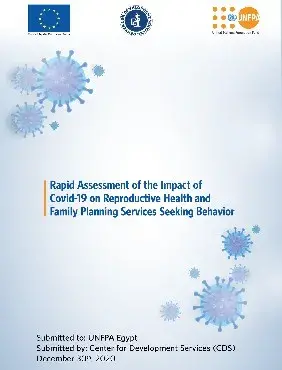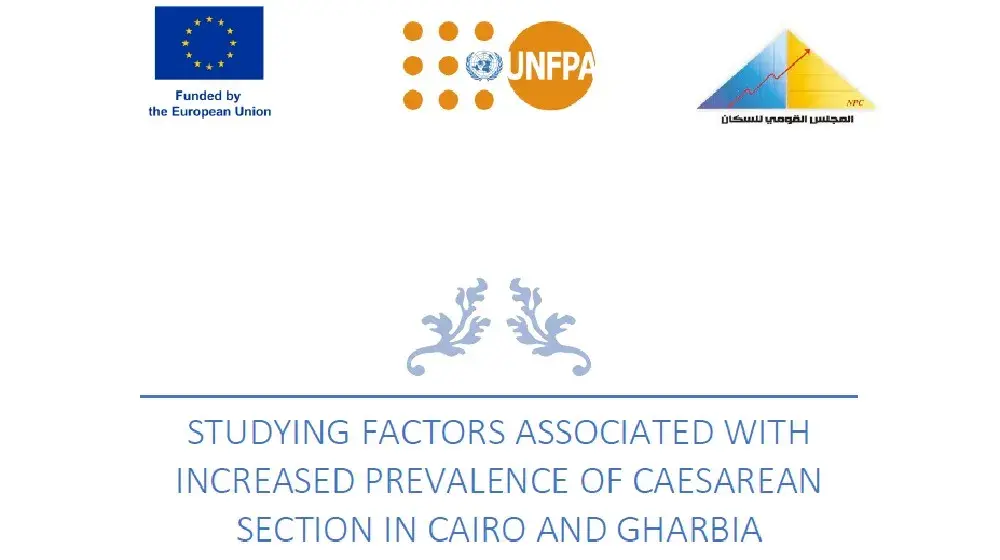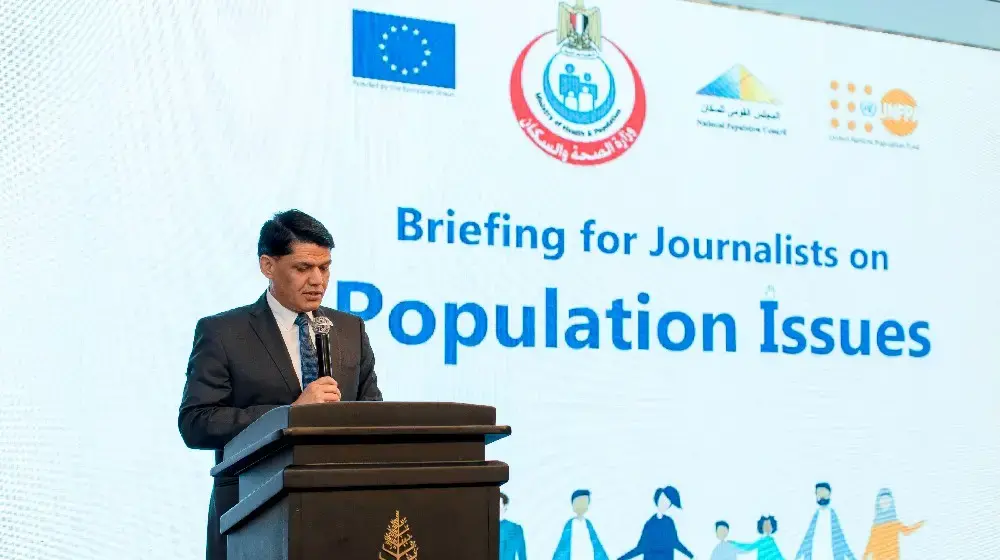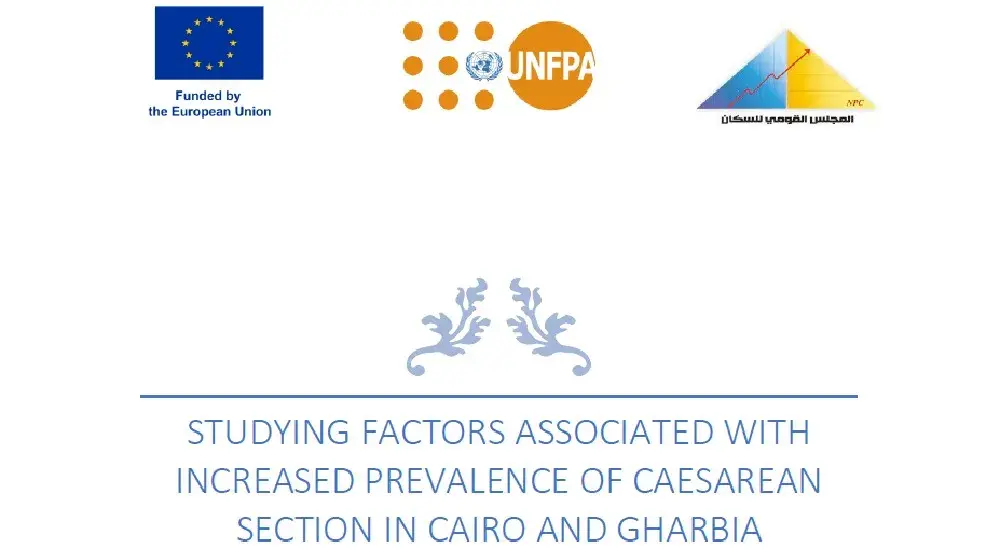UNFPA Egypt called for an assessment to identify changes in reproductive health and family planning, services seeking behavior by women in the reproductive age during the COVID-19 pandemic as well as an identification of the underlying reasons.
The assessment revealed that since the outbreak of COVID-19, fear of infection, and mobility restrictions reduced access to essential reproductive health and family planning services. The situation was further complicated by limiting the number of consultations in some health facilities, in addition to the shortage of staff, who either fell ill or were deployed to acute care. This caused a disruption of reproductive health and family planning services, particularly during periods of lockdown, which resulted in several unintended pregnancies, as reported by women interviewed in this study.
Before the COVID-19 pandemic, women reported that they faced several barriers in accessing reproductive health and family planning services. With the pandemic, these barriers increased, and the provision of many services became more challenging due to disrupted supply of family planning methods and fear of accessing family planning services because of the possibility of infection. Since the lockdown in mid-March, in-person health care has been limited, and women reported having had to delay or cancel reproductive health and family planning care due to fears that doing so may expose them or their family members to COVID-19.
This study was funded by the European Union.





